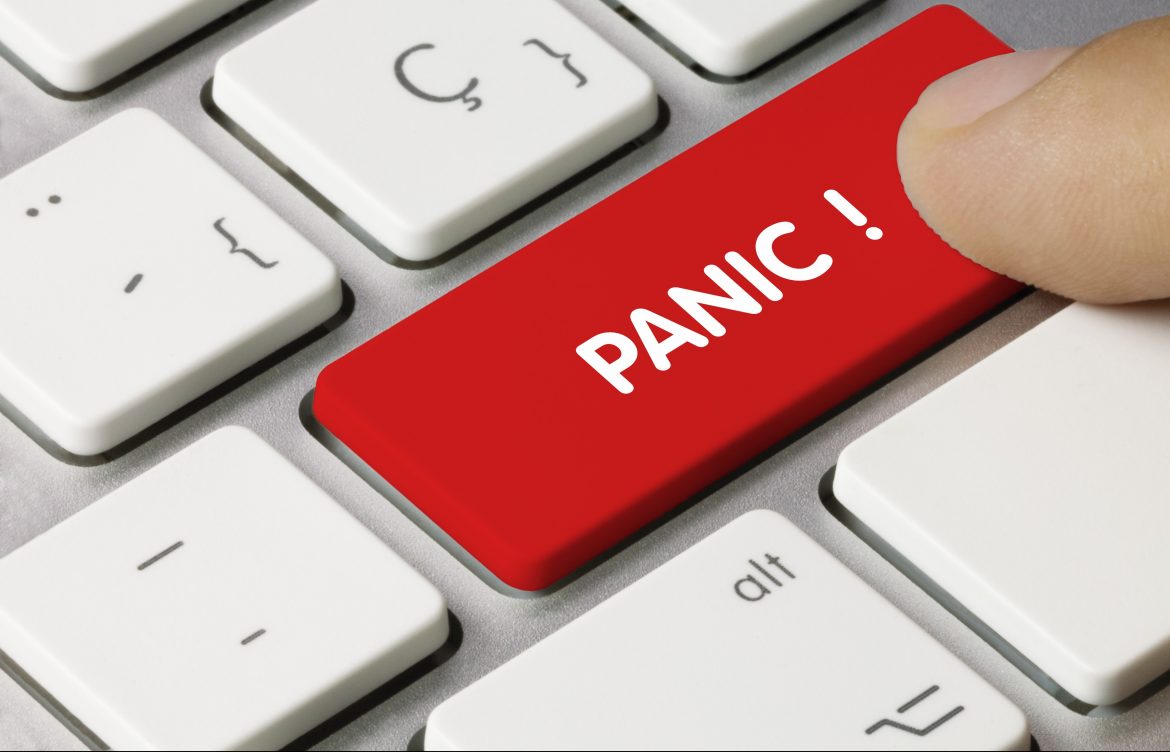If there is one thing that is true in any type of market, it’s that you can’t try to time it. You’ll end up getting burned.
In today’s Two-Minute Retirement Solution, Steve McDonald explains why panic-selling in the midst of a sell-off is the same thing as trying to time the market… and why keeping your money in cash will destroy your retirement.
TRANSCRIPT
Considering the wild swings in the market since mid-August, I thought it would be a good time to review how to survive volatility.
The first rule of thumb in any market – stable or the kind we’ve had this year – is to never react to a sell-off.
I know after the beating we took in August and September that sounds like 20/20 hindsight, but it’s always been true. Springing into “sell mode” just because the market has a really bad day is like pouring gasoline on a fire. You’re just making it worse.
Your focus has to be on the long term, the far horizon. Day-to-day activity means nothing.
And the best way I know of to develop a long-term perspective is to study the historical pricing for the S&P 500 and the Dow for the years 1987, 1994, 2000 and 2008 into 2009.
The worst markets of the worst!
But don’t focus on how far down stocks dropped or even how long it took to get back to even. That does nothing to make money. No, look at how long it took to get back to the new highs.
That’s the ticket: The new highs always result from the worst lows.
The Next Volatility Survival Technique…
Do I have to tell you to never try to time the markets? Really?! And that’s exactly what selling into a drop is: timing.
[cfopenx zone="134"]If all you missed were the top 10 days out of more than 3,000, from 1993 to 2013, you cut your returns from 9.2% to 5.4%.
And that’s being generous. Most of the numbers I see from that period set the returns for the small investor at about 2%.
Reacting to the Media
God, I hate the media.
If they are talking about it on TV, it is already fully priced in the market. There is nothing to be gained there.
And, finally, too much risk or, the more common problem, too little risk.
If you haven’t already learned it the hard way, those high-risk hot tips from your neighbor or the “latest and greatest” penny stocks are guaranteed losers.
But where most folks run into problems isn’t in the more obvious too-risky area, it’s in too little risk.
Markets like this one have driven lots of small investors back to cash, and that is the silent killer and crippler of retirement plans.
Even back in the ‘80s, when money markets and CDs were paying double-digit rates, inflation and taxes pushed their returns into the negative column. And, at current rates, you are getting killed in cash.
Only keep emergency money in cash! How much you keep for an emergency account is for another time.
For the rest, you have to find something – bonds, dividend-paying stocks, something – to make some money after inflation and taxes take their bite.
That’s it in a nutshell: Don’t react. Get a historical perspective of the downs and ups of the market. Ignore the media. Never time the market. And get out of cash.
